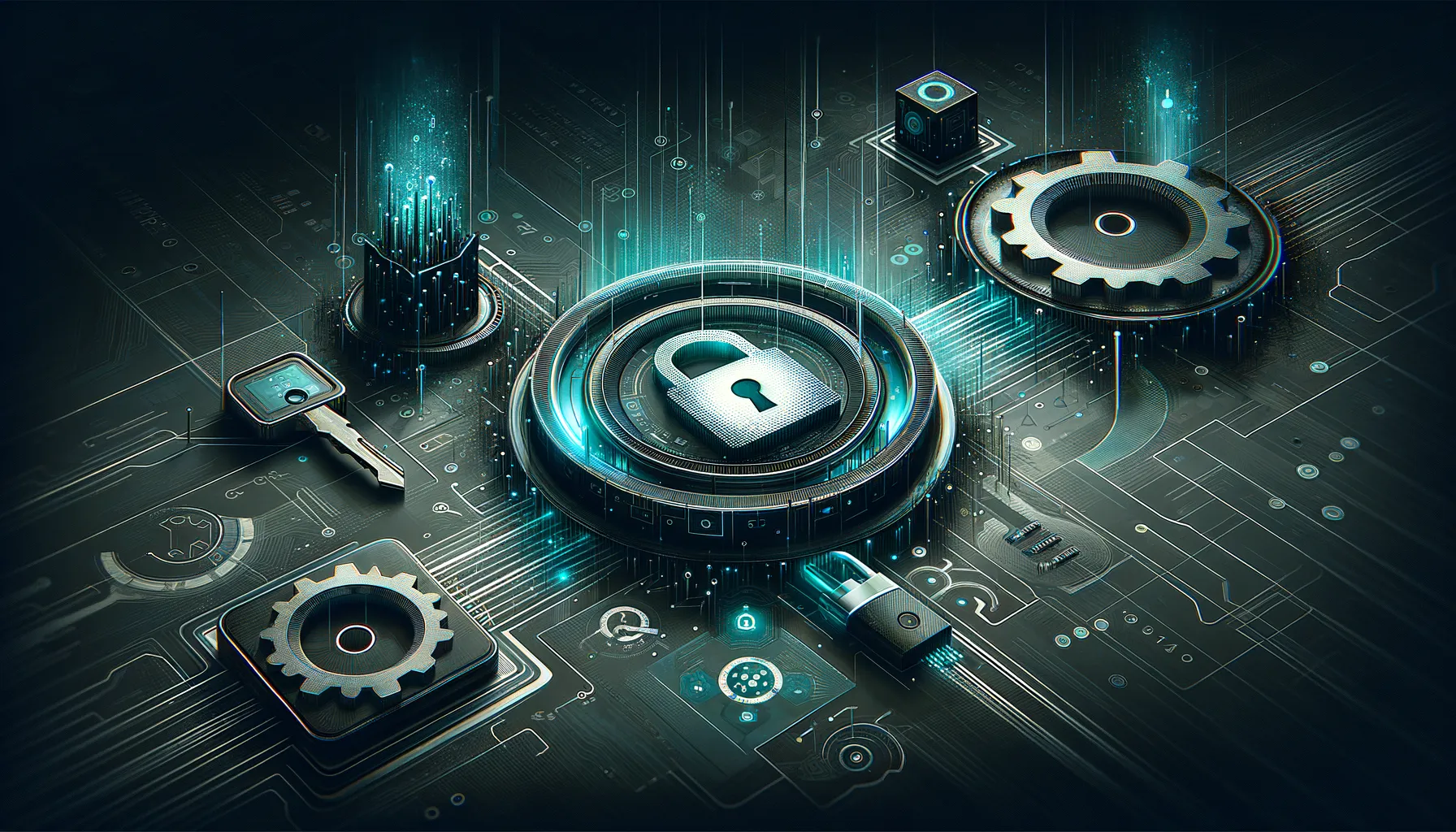Tuesday 21 May 2024, 03:01 PM
Exploring the fundamentals of encryption for data security
Learn how encryption, using secret codes (symmetric or asymmetric keys), protects data. It secures online communication, maintains data integrity, and supports authentication. Essential for personal, government, and financial data security. Embrace encryption to safeguard your digital life.
A Beginner's Guide to Understanding Encryption for Data Security
Hey there! If you're curious about how encryption keeps your data safe, you're in the right place. Whether it's online banking, chatting with friends, or just browsing, encryption is the silent guardian that protects your information from prying eyes. Let’s break down this complex topic into bite-sized, easy-to-understand pieces.
What Exactly is Encryption?
Encryption is like a secret code. It transforms readable data, or plaintext, into a coded form, or ciphertext, that obscures its original contents. Only those with the correct key can decode this encrypted data back to its original form. This process ensures that even if someone intercepts your data, they won’t be able to understand it without that key.
Types of Encryption
There are mainly two types of encryption methods: symmetric and asymmetric.
Symmetric Encryption
Think of symmetric encryption as a single key that both locks and unlocks your data. It's like a shared secret between the sender and the receiver. Both parties use the same key for encrypting and decrypting the data. While it’s faster than its counterpart—making it ideal for large data transfers—it also poses a risk. If someone else grabs that key, they can easily access your data.
Asymmetric Encryption
Asymmetric encryption, also known as public-key cryptography, uses two keys: a public key and a private key. The public key is, as the name suggests, open to everyone. You use it to encrypt the data. However, to decrypt that data, you need the private key, which is kept secure. This method is more secure but requires more processing power, making it slower compared to symmetric encryption.
How Encryption Enhances Data Security
Secure Communication
When you send an email or message, encryption helps secure your communication, ensuring that only the intended recipient can read it. Services like WhatsApp, Signal, and even your typical email providers use encryption to secure the messages transmitted across their platforms.
Data Integrity
Encryption also checks that the data hasn't been tampered with during transit. Digital signatures and checksums ensure that any alterations to the data can be detected, thereby verifying data integrity.
Authentication
Public-key cryptography, in particular, assists in authentication. It ensures that the message comes from a verified sender—one of the foundational aspects of internet security protocols like SSL/TLS, which secure websites.
Real World Applications of Encryption
From the movies to the real world, encryption plays a pivotal role in several areas:
Financial Services
Banks use encryption to protect sensitive data such as your personal information and transaction details. Ever noticed the HTTPS and padlock symbol in your browser when you’re on your banking site? That’s encryption at work protecting your data.
Governments
Encryption is crucial for national security. Governments around the world encrypt confidential data to safeguard national interests and protect sensitive operations.
Personal Devices
Your smartphones, tablets, and computers also use encryption to protect your personal information. Full disk encryption (FDE) is a common method that prevents data from being read if your device is stolen or lost.
Challenges and Controversies
Encryption isn’t without its challenges. The more complex it becomes, the harder it is to manage the keys necessary for decrypting the data. There are also ongoing debates about creating 'backdoors' for law enforcement, which could potentially weaken security for everyone.
Moreover, as technology advances, so does the sophistication of cyber attacks. Keeping encryption strong and up-to-date is a never-ending race against hackers.
Future of Encryption
With the rise of quantum computing, current encryption methods could potentially be at risk. Quantum computers could feasibly break many of the cryptographic algorithms currently considered secure. However, this is also driving research into quantum encryption and other new techniques that could one day safeguard our data against even the most sophisticated attacks.
Getting Started with Encryption
Use HTTPS
Always ensure that the websites you are inputting information into are secured with HTTPS. This is a basic but essential habit that can protect you from many common cyber threats.
Encrypt Your Devices
Most modern devices come with encryption options. For instance, BitLocker on Windows and FileVault on MacOS provide full disk encryption. Turn these features on to help protect your personal data.
Utilize Secure Communication Apps
For messaging, consider using apps that offer end-to-end encryption. This means that only you and the person you are communicating with can read what is sent, and nobody in between, not even the service provider.
Encryption for Everyday Security
In conclusion, while encryption might sound like it belongs in the realm of spies and IT experts, it's actually something that affects us all. Every time you make a purchase online, send a private message, or log into a social media account, encryption is there to protect you.
Getting to grips with the basics can help you understand and appreciate the digital world a bit better. So the next time someone mentions encryption, you’ll not only know what they’re talking about, you’ll also understand why it’s so crucial in our digitally-driven world.
Remember, every bit of data you protect is a step toward a safer online presence, so embrace these practices and secure your virtual and personal spaces wisely. Encryption is a powerful tool, and when used properly, it can be an excellent line of defense against many digital threats. Keep learning, keep securing, and stay safe out there!

